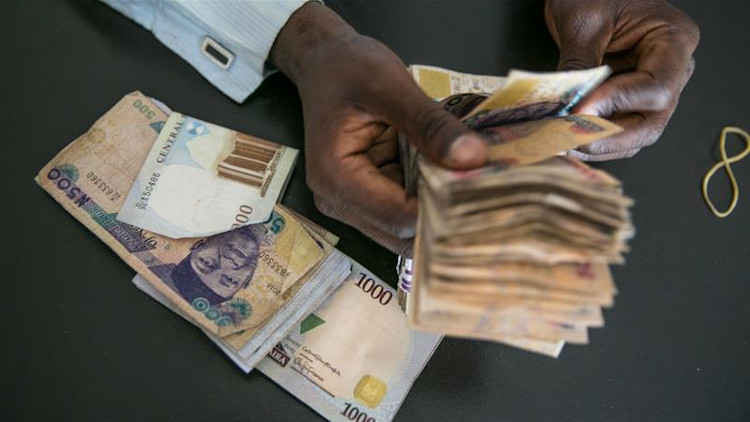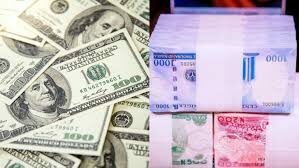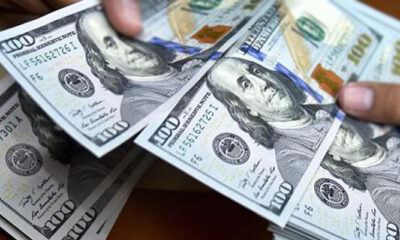Headlines
Naira Rises In Forex Markets As CBN Pumps Dollar Into Market

Naira appreciates against the US dollar as the Central Bank of Nigeria (CBN) continues to record dollar supply into the foreign exchange market, Brandnewsday gathers.
Forex turnover soared magically to 180.6% on a record of dollar supply in the market.
The Nigeria Naira’s exchange rate at the NAFEX window rose against the dollar closing at N394.00/$1 during the Thursday intra-day trading, December 10, 2020.
Naira to Dollar Aboki Exchange
In a similar vein, the Naira appreciated marginally against the dollar, closing at N475/$1 at the parallel market on Friday, December 11, 2020, as the CBN’s interference continues on the prompt supply of dollar.
According to Bloomberg, the World Bank said that steps taken by Nigeria to unify its multiple exchange rates have not been enough.
Parallel market: According to information from Abokifx – a prominent FX tracking website, at the black market (forex unofficial market) the Naira appreciated against the dollar to close at N475/$1 on Friday.
This represents a N1 gain when compared to the N476/$1 that it exchanged for on Friday, December 9.
The local currency had strengthened by about 7.8% within one week in September at the black market, as the CBN introduced some measures targeted at exporters and importers.
READ: World Bank’s Projection of Slower Diaspora Remittance To Nigeria, Negative For Exchange Rate
This is to boost the supply of dollars in the foreign exchange market and reduce the high demand for forex by traders.
Naira appreciates
However, the gains appear to have been completely erased with the recent crash of the exchange rate.
Recall that the CBN has sold over $1 billion to BDCs since they resumed forex sales on Monday, September 7, 2020.
This was expected to inject more liquidity into the retail end of the foreign exchange market and discourage hoarding and speculation.
However, the exchange rate against the dollar has remained volatile after the initial gains made, following the CBN’s resumption of sales of dollars to the BDCs.
Despite the CBN intervention, the huge demand backlog by manufacturers and foreign investors in Nigeria still puts pressure and creates a volatile situation in the foreign exchange market.













